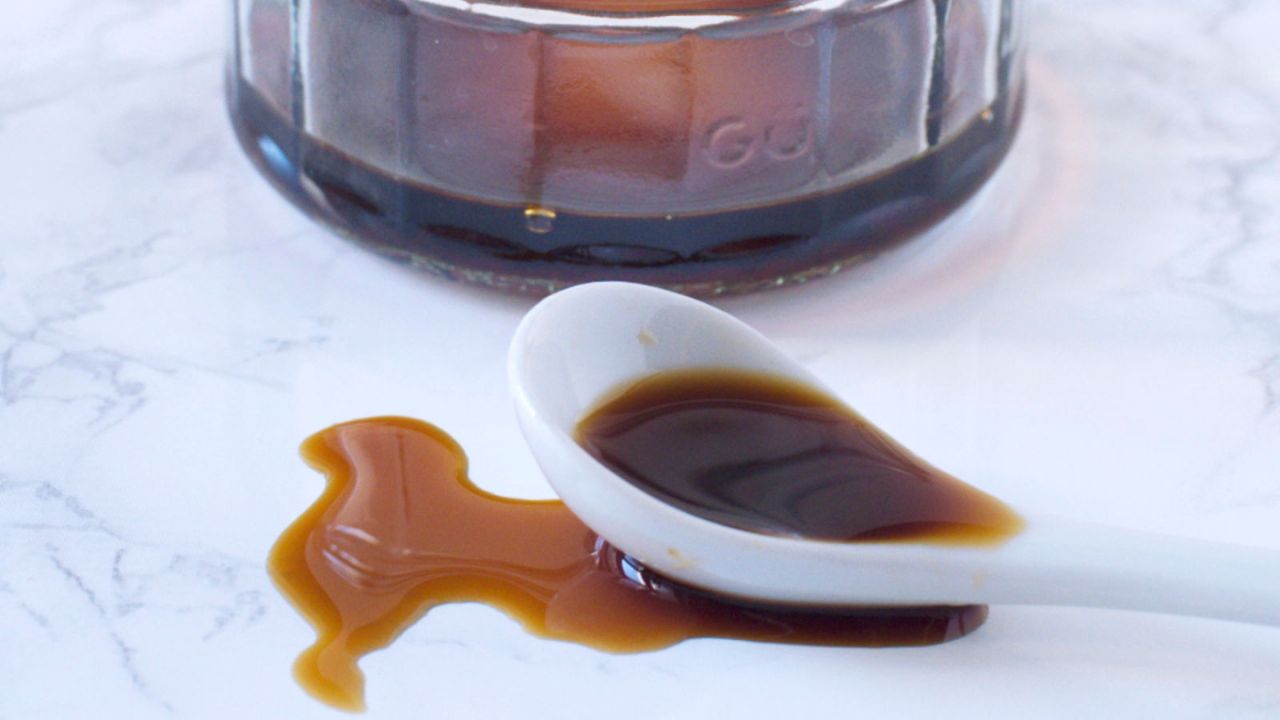Light soy sauce is a staple in many kitchens around the world, but there may come a time when you run out or are unable to use it for dietary reasons. Whether you’re avoiding soy or simply want to try something new, there are plenty of alternatives that can add depth of flavor to your cooking. Here are the 7 best substitutes for light soy sauce.
What is Light Soy Sauce?
It is a fermented condiment whose key constituents are soybeans and wheat, resulting in a thin, watery, and reddish-brown condiment. Along with Shaoxing wine and rice vinegar, it’s one of the three most essential condiments in Asian cookery, particularly in Chinese cuisine. It has a distinct flavor of soy and a touch of salt.
Light soy sauce is a spice often used in Asian cooking. Since it enhances the flavor of meat, rice, and noodles, it may be used in a variety of Asian dishes.
Best Light Soy Sauce Substitutes
1. Tamari Sauce
Tamari sauce is a type of soy sauce made without wheat, making it a good alternative for those who are gluten-free. It has a rich, savory flavor that is similar to light soy sauce, but is often thicker and less salty. When using tamari as a substitute, keep in mind that it is more intense in flavor, so you may need to use less than the amount of light soy sauce called for in a recipe.
2. Coconut Aminos
Coconut aminos is a sauce made from coconut sap and sea salt. It has a mild, slightly sweet flavor that is similar to light soy sauce, but is much less salty. This sauce is also gluten-free and soy-free, making it a great option for those with dietary restrictions. When using coconut aminos as a substitute, it’s a good idea to start with a small amount and taste as you go, as its flavor can be quite different from that of light soy sauce.
3. Worcestershire Sauce
Worcestershire sauce is a condiment made from a blend of ingredients including soy sauce, vinegar, and molasses. It has a unique, tangy flavor that can be used as a substitute for light soy sauce in some recipes. Just be aware that it is much sweeter and saltier than light soy sauce, so you may need to adjust the amount you use to achieve the desired flavor.
4. Maggi Seasoning
Maggi seasoning is a popular condiment in many parts of the world, and is made from hydrolyzed vegetable protein, salt, and various spices. It has a savory, umami flavor that can be used as a substitute for light soy sauce in some recipes. Just be aware that it is much saltier than light soy sauce, so you may need to adjust the amount you use accordingly.
5. Oyster Sauce
Oyster sauce is a thick, flavorful sauce made from oyster extracts and seasonings. It has a savory, slightly sweet flavor that can be used as a substitute for light soy sauce in some recipes. Just be aware that it is much sweeter and saltier than light soy sauce, so you may need to adjust the amount you use to achieve the desired flavor.
6. Miso Paste
Miso paste is a staple in Japanese cooking, and is made from fermented soybeans and other grains. It has a rich, savory flavor that can be used as a substitute for light soy sauce in some recipes. Just be aware that it is much thicker than light soy sauce, so you may need to thin it out with water or another liquid before using it as a substitute.
7. Soy-Free Sauce
Soy-free sauces are made without soy and are typically made from alternative ingredients like coconut or nuts. These sauces can be used as a substitute for light soy sauce, but the flavor will vary depending on the specific brand and ingredients used. It’s a good idea to taste the sauce before using it as a substitute to ensure that it will work well with your recipe.
Conclusion
In conclusion, there are plenty of alternatives to light soy sauce that can add depth of flavor to your cooking. Whether you’re avoiding soy or simply want to try something new, there is a substitute that will suit your needs. Each of the substitutes listed above has its own unique flavor and characteristics, so it’s a good idea to experiment with different options to find the one that works best for you.
When using a substitute for light soy sauce, it’s important to keep in mind the different flavor profiles and adjust the amount used accordingly. You may need to use less or more of the substitute, depending on the recipe, so it’s always a good idea to taste as you go.
It’s also important to consider any dietary restrictions or preferences when choosing a substitute. For example, if you’re gluten-free, tamari sauce and coconut aminos are great options, while those who are soy-free may prefer to use a soy-free sauce or miso paste.
In the end, the best substitute for light soy sauce is the one that you enjoy the most and that complements your recipe. So don’t be afraid to experiment with different options and find the one that works best for you.
